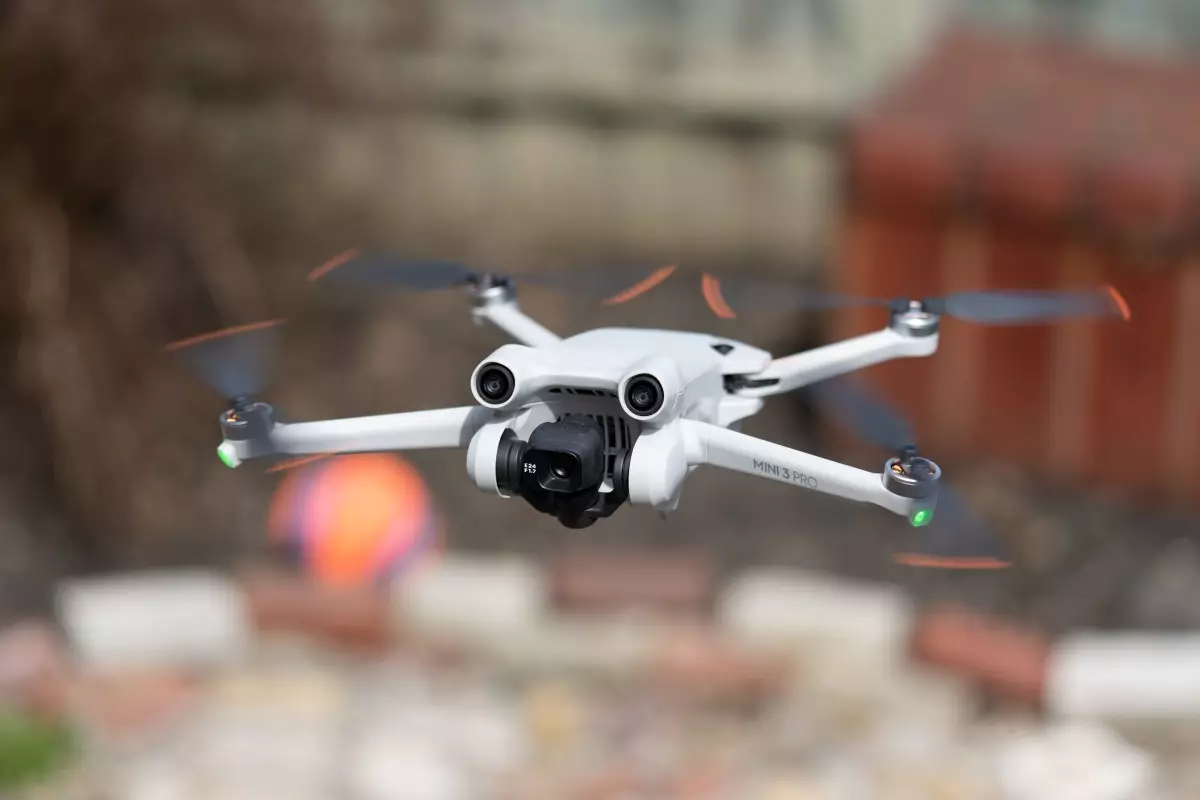Drone manufacturer DJI has recently taken a significant step by initiating legal proceedings against the US Department of Defense (DoD). The lawsuit follows the company’s prolonged efforts, spanning over sixteen months, to engage in discussions with the department regarding its placement on a controversial list of “Chinese military companies.” This designation has serious implications for the business operations of DJI, which primarily focuses on producing commercial and consumer drones. As the global leader in the drone market, DJI’s reputation and financial stability are at stake, rendering this legal battle critical.
According to a DJI spokesperson, the company asserts that it is neither owned nor controlled by the Chinese military. This point is vital as the classification implies a direct affiliation with military operations, which the company vehemently disputes. The spokesperson noted that the DoD itself recognizes DJI’s primary role as a manufacturer of non-military drones. This acknowledgment adds a layer of complexity to the legal narrative, suggesting that the DoD’s decision may stem from broader geopolitical tensions between the United States and China, rather than from concrete evidence of DJI’s military engagement.
The legal battle is not an isolated incident; it is part of a broader history of increasing scrutiny on Chinese technology companies in the United States. DJI was added to the DoD’s list in 2022 but had previously faced similar challenges. In 2020, the Department of Commerce placed DJI on its Entity List, effectively restricting American firms from conducting business with it. The subsequent year saw the company face investment restrictions from the Treasury Department due to alleged complicity in the surveillance of the Uyghur Muslim population in Xinjiang.
These actions reflect not only a growing distrust towards Chinese enterprises but also highlight the ongoing tensions regarding human rights issues and national security. Hence, DJI’s lawsuit stands as an essential legal challenge in the specified context of escalating global confrontation between the two superpowers.
The outcome of this lawsuit could have far-reaching implications for DJI and the technology sector as a whole. Should the court find in favor of DJI, it may signal a reversal or at least a reevaluation of how the US government designates foreign companies, particularly those from China. Conversely, a ruling against DJI could embolden more aggressive restrictions on Chinese firms and potentially stifle the innovation and growth of technology sectors that rely heavily on global trade.
Furthermore, this case exemplifies the intricate relationship between business, politics, and international relations in the contemporary world. As companies like DJI navigate the treacherous waters of international scrutiny, the outcomes may well redefine the future landscape of technological development and cooperation, not just between the US and China, but globally.
DJI’s lawsuit against the US Department of Defense marks a pivotal moment in the ongoing saga between Chinese technology manufacturers and the US government, illuminating the complexities of international commerce in a politically charged atmosphere.

